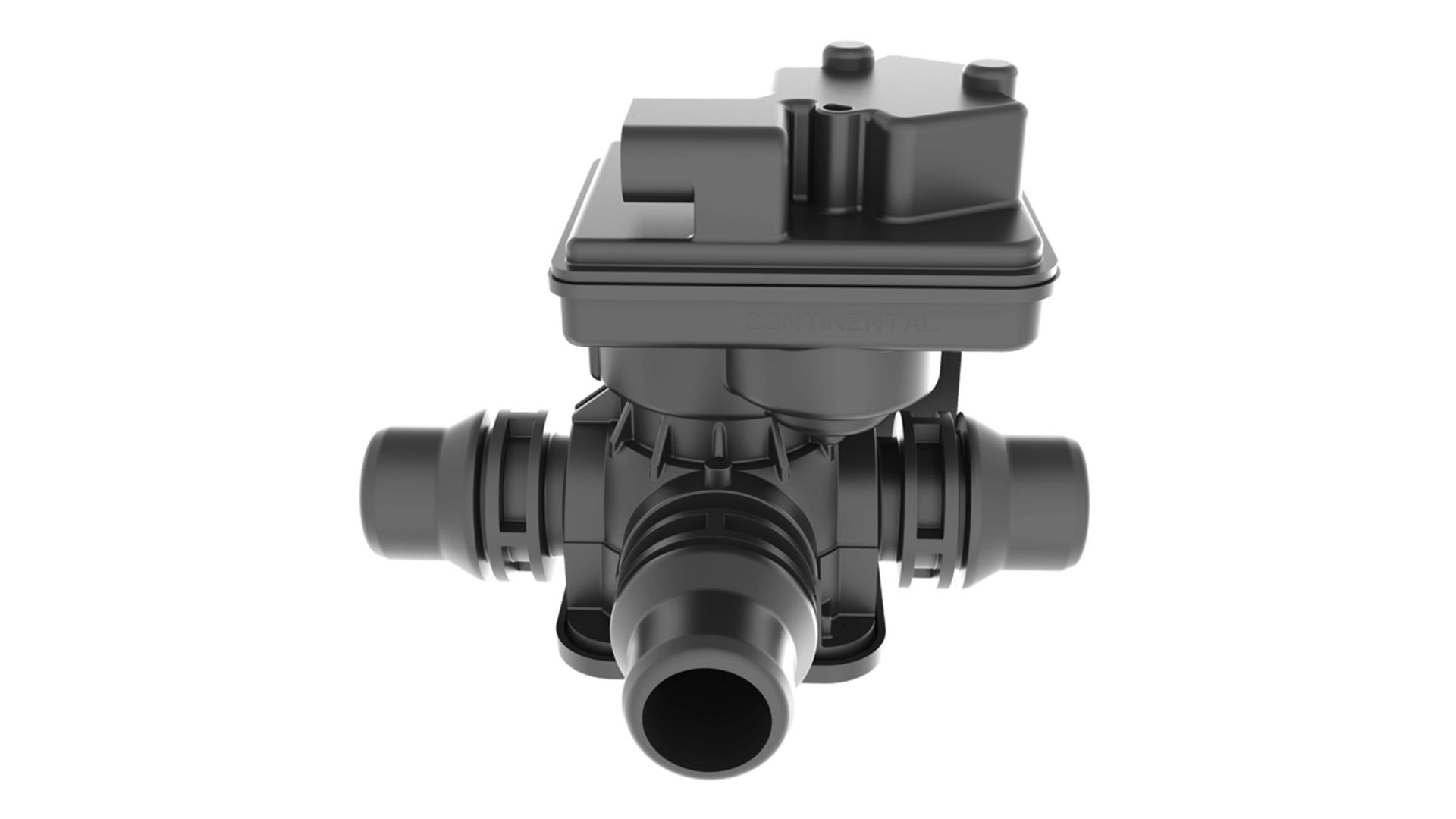A Coolant Flow Control Valve regulates how coolant flows through your vehicle. The valve also stops air bubbles from getting into your radiator, which can cause overheating problems if not dealt with quickly enough. Without this valve, there would be no way to control how much heat transfers from your engine block into the radiator or other components of the cooling system. If you want to understand the inner workings of your car's cooling system, it helps to know what a coolant flow control valve is and why it's essential.
Purpose of a Coolant Flow Control Valve
A coolant flow control valve is a part of your vehicle's cooling system. It regulates the amount of coolant that flows through your engine, which helps maintain an appropriate temperature level during operation.
The purpose of a coolant flow control valve is to prevent damage caused by overheating or freezing--two conditions that can cause severe problems if they occur at high speeds while driving. When driving at low speeds, these valves don't have much impact on performance; however, when driving at higher speeds (like highway driving), this component becomes more important because it prevents certain types of damage caused by extreme temperatures in your engine bay.
How Does A Coolant Flow Control Valve Work?
The coolant flow control valve is a mechanical device that allows coolant to flow through it when it's open and shuts off coolant flow when the engine is off. When your car runs, the valve opens such a hot engine oil can be cooled by circulating water in your radiator. When you turn off your engine, this valve closes automatically, so there isn't any chance of burning yourself while working on your car (or spilling hot fluid all over yourself).
The only time this doesn't happen naturally is if someone has disconnected or removed their coolant system altogether--in which case they should probably get help from a professional mechanic before attempting any repairs themselves!
When To Check For Leaks or Damage?
The coolant flow control valve is vital to your vehicle's cooling system. The valve controls the flow of coolant from the reservoir tank to various parts of the engine, including:
- The radiator
- The cylinder head(s)
- The water pump
Is this essential to your vehicle's cooling system?
A coolant flow control valve is essential to your vehicle's cooling system. It is located in the engine block and regulates the flow of coolant through the engine to control its temperature and that of your radiator fluid (also known as "antifreeze").
The purpose of this valve is to keep everything running smoothly by ensuring there are no leaks or air bubbles in either part of your car's cooling system.
Conclusion
Coolant Flow Control Valve is essential to your vehicle's cooling system. They regulate the flow of coolant through the engine so that it doesn't get too hot or cold, which could cause damage to internal parts. If you notice any leaks or damage to your valve, it's time for a checkup from our experts at Proteus Industries Inc. today!


